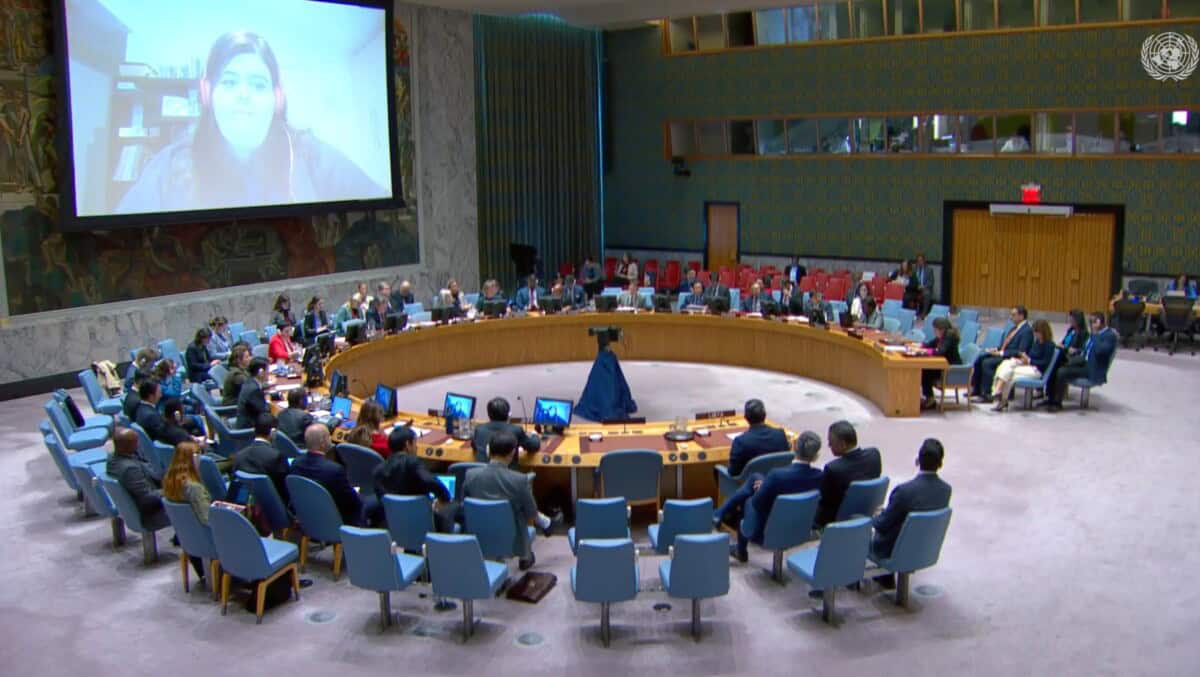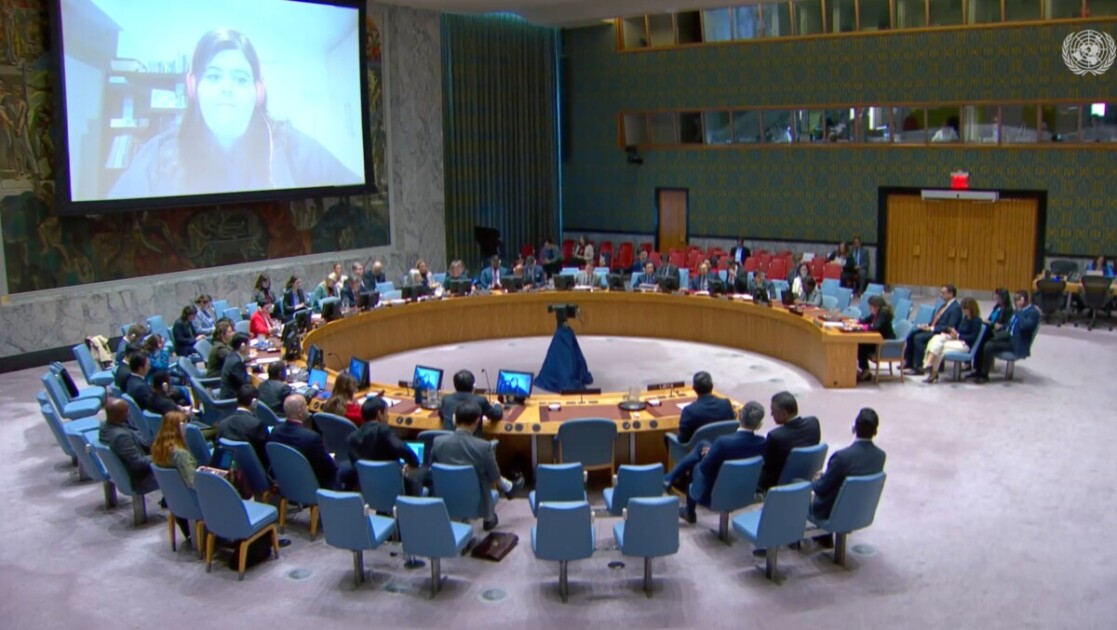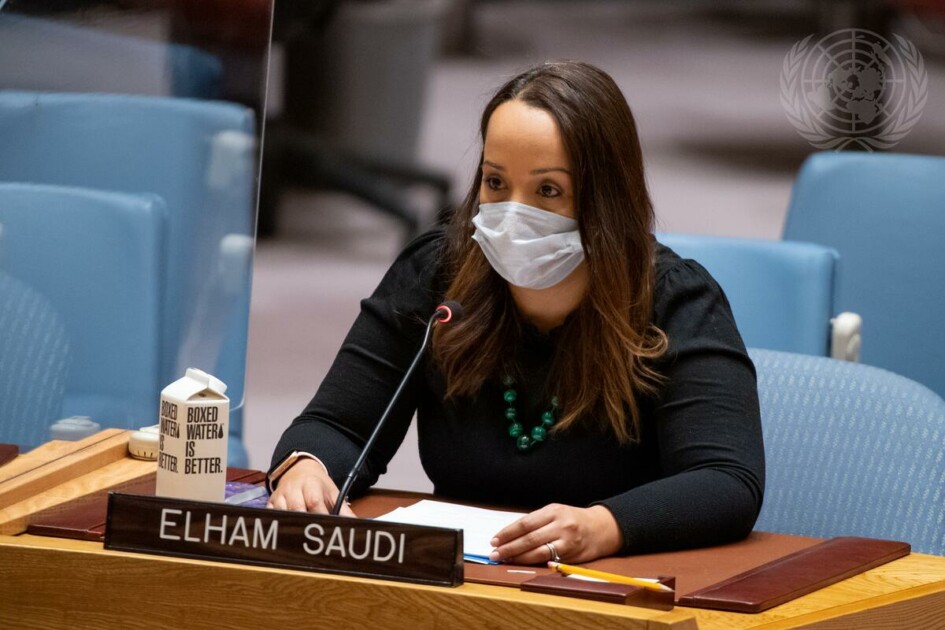Libya
Libya
Years after the deposition of dictator Moammar Gadhafi as part of the Arab Spring, Libya remains in a deteriorating security situation that is especially volatile for women. Sexual and gender-based violence during the war, including mass rape, has yet to be investigated, and women’s rights have continued to decline as different Islamic groups strive to curtail freedoms throughout the country. Violence against women remains common, but reporting remains low; like political and civic participation, reporting and activism by women remains deterred due to threats of violence or death.
Since 2011, Libya has passed new laws which discriminate against women, including the legalization of polygamy and quota reductions for women’s representation in Parliament. Although a party to the Convention on the Elimination of All Forms of Discrimination against Women (CEDAW), Libya does not have a National Action Plan per resolution 1325 (2000).
Due to the high rates of discrimination, exclusion and violence faced by women in Libya, the NGOWG advocates for the Security Council to continue supporting the United Nations Support Mission in Libya (UNSMIL) to include women as full and equal partners in supporting the transition of power to the Government of National Accord, which has struggled to establish legitimacy and control. Without the inclusion of women, the new government will face greater challenges to creating sustainable peace in Libya and continue exposing Libyan women to extreme risk of violence.
Current and Past Recommendations to the UN Security Council (Monthly Action Points)
Regarding Libya, SCR 1970, adopted 26 February, is welcome for its imposition of an arms embargo, targeted measures against Muammar Qadhafi and others associated with him in grave human rights violations linked to recent events, and the referral of the situation to the Prosecutor of the International Criminal Court (ICC). However, the provision in OP6, seeking to give immunity from prosecution by the ICC to nationals of states not a party to the Rome Statute, is deplorable. It seeks to create double standards of justice, and violates the UN Charter, the Rome Statute and other international law, and the spirit of resolutions on Women, Peace and Security. The ICC will itself decide whether it has jurisdiction.
Relevant Resources






